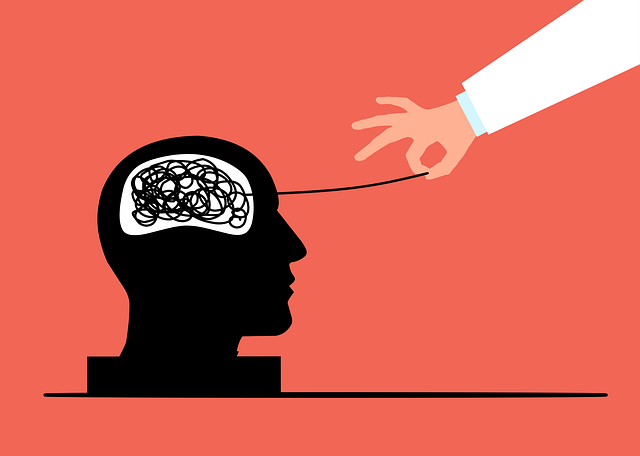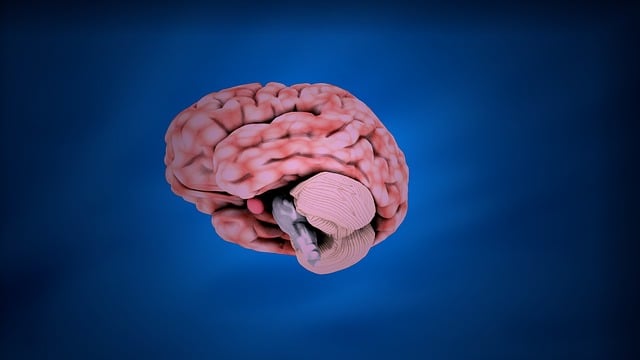Trauma, from accidents to assault, can have lasting mental health effects unless addressed through effective therapies like Cognitive Processing Therapy (CPT) and Eye Movement Desensitization and Reprocessing (EMDR). Mental health advocacy is crucial in making therapy accessible, breaking stigma, and promoting early intervention. Beyond traditional therapy, community support, resilience-building workshops, mindfulness practices, and art therapy empower individuals to overcome trauma and achieve long-term mental well-being.
Mental health advocacy initiatives play a pivotal role in addressing the profound impact of trauma on individuals’ well-being. This article delves into the multifaceted aspects of understanding trauma’s effect on mental health, exploring therapy’s transformative power in healing processes. We highlight advocacy efforts to enhance access to trauma therapy and present practical strategies for supporting survivors and fostering mental well-being. By focusing on therapy for trauma, these initiatives strive to revolutionize care and promote resilient, trauma-informed communities.
- Understanding the Impact of Trauma on Mental Health
- The Role of Therapy in Healing from Trauma
- Advocacy Initiatives to Improve Access to Trauma Therapy
- Strategies for Supporting Survivors and Promoting Mental Well-being
Understanding the Impact of Trauma on Mental Health

Trauma can significantly shape an individual’s mental health trajectory, often leading to long-lasting effects if left unaddressed. It’s crucial to understand that trauma doesn’t discriminate; it can result from various experiences, such as accidents, assault, or prolonged exposure to distressing events. The impact of trauma extends beyond the initial incident, influencing emotional regulation, cognitive processes, and overall well-being. Many individuals struggle with symptoms like heightened anxiety, flashbacks, nightmares, and difficulty forming relationships, all of which underscore the importance of mental health advocacy initiatives focused on trauma recovery.
Seeking therapy for trauma is a proactive step towards healing and restoration. Evidence-based approaches, such as cognitive processing therapy (CPT) or eye movement desensitization and reprocessing (EMDR), have proven effective in helping individuals process traumatic memories and develop healthy coping mechanisms. Additionally, conflict resolution techniques learned through therapy can empower individuals to navigate challenging situations without reliving past traumas. Crisis intervention guidance and risk management planning are also essential components for mental health professionals when supporting clients who have experienced trauma, ensuring a comprehensive approach that addresses both the immediate crisis and long-term recovery goals.
The Role of Therapy in Healing from Trauma

Therapy plays a pivotal role in helping individuals heal from trauma, offering a safe and supportive space for processing difficult emotions and experiences. Through various therapeutic approaches, such as cognitive behavioural therapy (CBT), eye movement desensitization and reprocessing (EMDR), or trauma-focused cognitive processing therapy (TF-CPT), individuals can learn effective coping strategies to manage symptoms of anxiety relief and post-traumatic stress disorder (PTSD). Therapists skilled in conflict resolution techniques assist clients in understanding and resolving internal conflicts stemming from traumatic events, promoting healing and restoration.
Moreover, healthcare provider cultural competency training is crucial for ensuring that trauma victims receive empathetic and culturally sensitive care. This training equips professionals with the knowledge and skills to understand the unique challenges faced by diverse populations, fostering a deeper connection and trust between clients and their therapists. By integrating these approaches, therapy for trauma becomes a powerful tool in empowering individuals to reclaim their lives and find lasting healing.
Advocacy Initiatives to Improve Access to Trauma Therapy

Mental health advocacy plays a pivotal role in addressing critical issues like trauma and its impact on individuals’ lives. Advocacy initiatives focus on improving access to therapy for trauma, a step essential to fostering healing and recovery. By raising awareness, breaking down stigma, and pushing for policy changes, these efforts ensure that those dealing with traumatic experiences have the support and resources necessary for therapy.
One key aspect is promoting early intervention through education and training programs. Equipping individuals with confidence-boosting tools and stress management techniques enables them to recognize signs of trauma and seek appropriate help. Additionally, encouraging positive thinking and resilience can empower people to navigate the complexities of trauma recovery. These advocacy strategies collectively work towards creating a more inclusive and supportive environment for everyone in need of therapy for trauma.
Strategies for Supporting Survivors and Promoting Mental Well-being

Supporting survivors and promoting mental well-being requires a multi-faceted approach that goes beyond traditional therapy for trauma. One key strategy is fostering open communication channels, enabling individuals to share their experiences and connect with understanding communities. This can involve group support sessions, peer mentoring programs, or online forums where people feel safe to express their struggles and triumphs. By creating spaces for honest dialogue, we begin to break down the stigma surrounding mental health and encourage help-seeking behaviors.
In addition, resilience building and inner strength development are vital components of holistic well-being. Initiatives can include stress management workshops, mindfulness practices, or creative outlets like art therapy. These activities empower individuals with tools to navigate challenges, fostering a sense of control and empowerment. By nurturing resilience, we enable people to bounce back from adversity, cultivate positive coping mechanisms, and ultimately, thrive despite life’s ups and downs.
Mental health advocacy initiatives play a pivotal role in improving access to therapy for trauma, a crucial step towards supporting survivors and promoting overall well-being. By understanding the profound impact of trauma and the effectiveness of therapy, we can navigate towards a more supportive landscape where those affected have the resources they need. Through collective efforts, we can ensure that everyone has the opportunity to heal and thrive.














